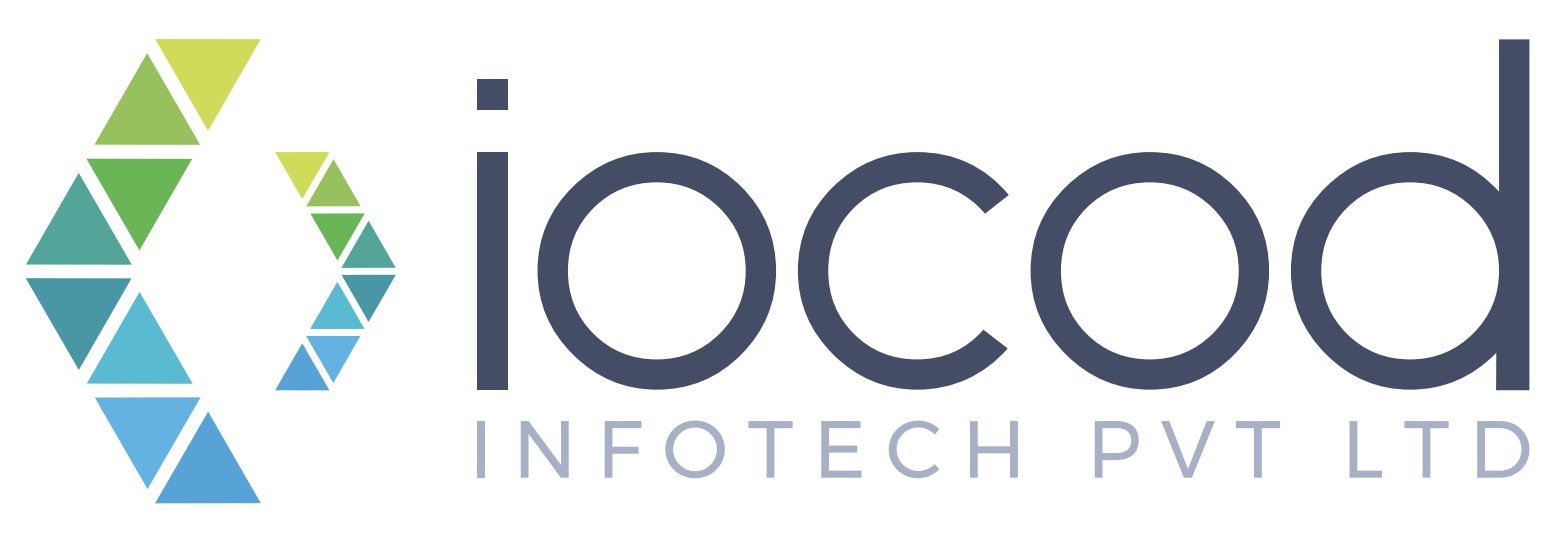What is an ERP system?
ERP (Enterprise resource planning) systems are business management platforms that bring together all the processes required to run an organization. It comprises components supporting different business functions. With ERP software, you can integrate all the data related to planning, purchase, marketing, sales, and human resource management of an enterprise.
ERP applications have now become an indispensable tool for managing businesses of all industries. This method of managing business processes using technology is highly beneficial for SMEs and large organizations alike.
ERP apps offer a common platform with a consistent look and feel
Since a common platform is shared by the entire organization, there is no chance of duplicate or conflicting sources of information. With a centralized source of data, accurate and up-to-date data is available to everyone. ERP systems standardize a common process for the entire organization. It creates a consistent look and feel across different modules.
ERP systems facilitate better collaboration
ERP systems facilitate free flow of information between different departments within an organization. With easy sharing of real-time data, interconnected departments can now collaborate easily for faster results and improved productivity.
Users have access to real-time data
ERP software helps organize and distribute data across the organization to every person who needs it to fulfill their responsibilities. In addition to viewing real-time data, ERP systems can also generate detailed reports and analytics at every stage which can be a valuable aid for businesses. Accurate reports help organizations plan their activities better.
ERP helps take informed decisions
With easy access to real-time data, concerned personnel can take quick informed decisions and also optimize work processes. Tracking and analyzing the data helps identify common trends in the business. It also helps businesses identify areas for improvement.
Automate repetitive tasks using ERP software
By automating tasks like billing, order processing, etc ERP software helps reduce errors. Routine manual tasks can be automated, allowing employees to dedicate their time to more important tasks.
ERP systems improve data security
ERP applications can ensure data security by using multiple security systems. For example, role-based permissions can be given to employees to allow them access to information that is relevant for fulfilling their responsibilities.
ERP applications are scalable
Flexible and scalable ERP applications allow modifications as the business grows.
ERP software incorporates best practices
Often developed with a thorough understanding of the business processes, ERP systems incorporate best practices for performing business functions most effectively.
ERP systems make business processes transparent
By tracking all aspects of the business, like financials, production, marketing, sales, and human resources, ERP systems provide transparency for your business processes.
Save time and expenses with ERP systems
Integrating varied systems saves time and helps bring down operational costs.
Use ERP apps for better customer engagement
Through ERPs, the users can collect and access customer information easily to provide personalized services to their customers resulting in improved customer satisfaction.
From traditional on-premise systems to cloud-based systems embedded with the latest technologies like artificial intelligence, blockchain etc., ERP applications have evolved over the years. In the case of new-age cloud-based ERP applications, the vendors take care of setting up and managing all the hardware, off the client premises. This saves the capital expenses of buying the equipment and also the operational expenses involved in maintaining them. Since cloud ERP applications are updated regularly, all the latest features will be available to the subscribers effortlessly.
Adopting an ERP system can be costly, especially for small and medium enterprises. But the benefits that it brings along far outweigh the costs involved.
An ERP system helps everyone from the CEO to the clerk to create and use the centralized data to do their work efficiently. With custom ERP solutions, iocod has helped businesses across different verticals optimize their processes. One of our clients sells used mobile phones in bulk by purchasing them from different sources. They categorize each item that comes in by its color, size, model, and quality. On receiving orders, these items are rechecked and packed for shipping. All these processes which require hours of manual labor can be simplified and conducted error-free using our ERP application. Each item will be scanned, as it reaches the warehouse and the details will be saved on the system. Once the quality check is completed, the products are categorized and the system generates barcodes with all the details of the product. Products are then labeled and packed category-wise and stored in the warehouse. When a new order is generated, which again can be tracked using the same system, it is easy for employees to locate the items required from the huge warehouse by their product labels. This user-friendly app is crafted to track the entire process from procurement to final packaging and shipping so that the employees can do their work seamlessly.
Using a well-structured ERP software, different departments inside an organization can function cohesively and thereby make the work processes more efficient. It helps eliminate unnecessary redundant processes and centralize work. With more than a decade’s experience in crafting customized ERP solutions, iocod brings together the skills and experience to create the perfect solution to meet your needs. Contact us at info@iocod.com to know more about our expert solutions.
